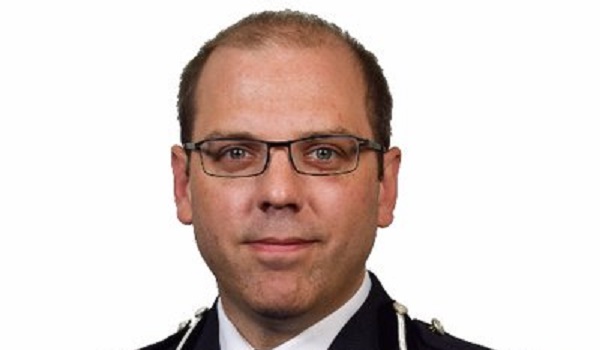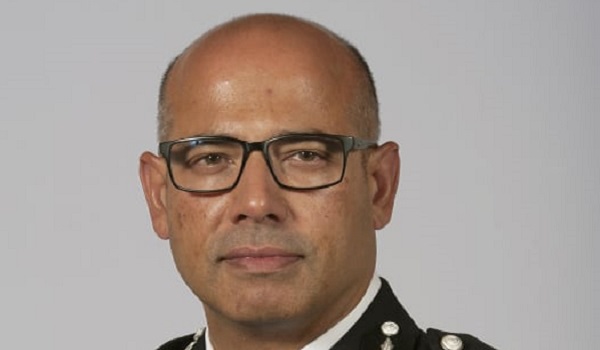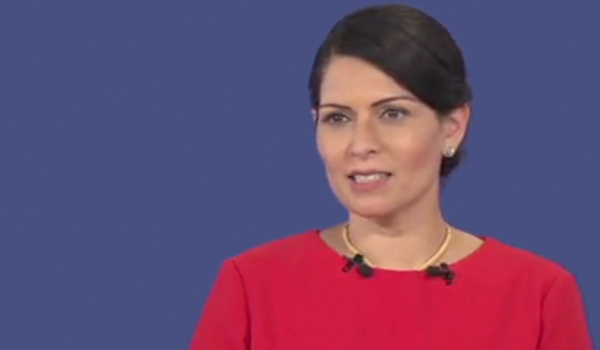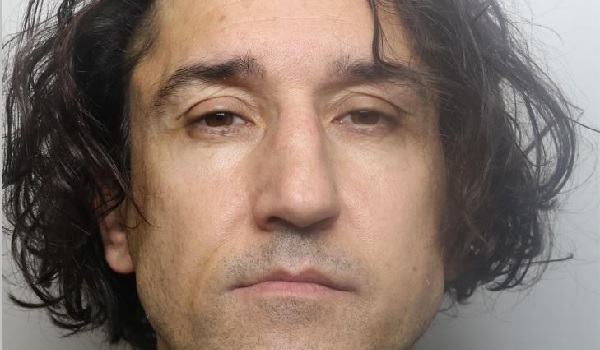Extremists ‘using memes and conspiracy theories’ to radicalise young people
Far-right extremists are using memes and conspiracy theories on social media to lure young people into viewing terrorist material, police have warned.
Concerns have been raised over the rise in extreme right-wing (XRW) beliefs among young people, with the growth in the ideology driven by those under the age of 24.
In 2015, less than a fifth of those arrested for XRW terror offences were in this age bracket, but in 2020 this had risen to 60 per cent.
Last year, 19 children under the age of 18 were arrested for terrorist offences, including 14 who were held over XRW views.
New senior national coordinator in UK counter-terrorism policing Matt Twist said: “Recent analysis suggests that conspiracy theories are particularly engaging for a younger audience, and that extremists on both sides, particularly the right-wing terrorism space, use memes and conspiracy theories as a way of hooking in young and vulnerable people on social media platforms before luring them into closed channels and other encrypted channels where they expose them to more extreme narratives and illegal material.”
He said the amount of extremist material available online has increased during the pandemic, creating a “worryingly permissive environment” for radicalised views.
“We have warned throughout the pandemic that we are concerned that Covid-19 is creating an environment in the UK in which extremists will find it easier to identify, target and potentially radicalise young people or vulnerable people,” the Metropolitan Police Service deputy assistant commissioner said.
“It has done so by exacerbating the challenging circumstances and grievances within society that terrorists latch on to to promote their brand of hatred and extremism, such as economic inequality, or pre-existing divisions within communities.
“It has stoked distrust in authority and inspired a new wave of conspiracy theories which have more easily reached the mainstream, such as those against 5G technology.
“Most importantly it has made us all more isolated, making it more difficult for young and vulnerable people to access the support services such as mental health provision and social care which they rely on to protect them from extremist influence.”
Since March 2020, UK police and the security services have foiled four late-stage terrorist plots – two XRW and two Islamist – and have made 185 arrests across more than 800 live investigations.
However, this was the lowest number of terrorist arrests since 2011, and the number of tip-offs received by the anti-terrorism hotline also dropped by nearly a quarter.
Police are urging the public to be vigilant as lockdown measures are eased and terrorists once again have the opportunity to target crowded places.
Mr Twist said: “While the rest of us have been focused on protecting ourselves and our families from Covid-19, terrorists have not stopped planning attacks or radicalising vulnerable people online.
“Now that we are easing out of lockdown towards normality, we once again need the public’s help in tackling terrorism in all its forms – be that extremist grooming, dissemination of terrorist material or even attack planning.”
He added: “During the pandemic, during the various lockdowns that we’ve seen, the terrorist intent and capability has remained unchanged.
“What has been missing to date has been the opportunity for some of those terrorists to transact whatever they might wish to do because there have been far fewer crowded places.”







